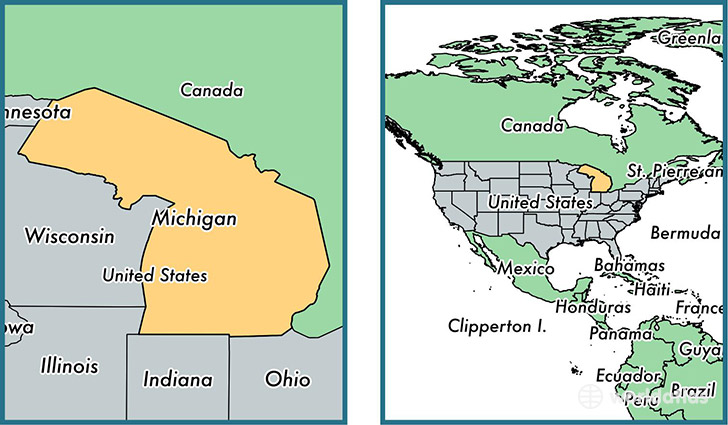
ĭetroit is a major port on the Detroit River, a strait that connects the Great Lakes system to the Saint Lawrence Seaway. border, has a total population of about 5.7 million. The Detroit–Windsor area, a commercial link straddling the Canada–U.S. Roughly one-half of Michigan’s population lives in Metro Detroit alone. The metropolitan area, known as Metro Detroit, is home to 4.3 million people, making it the second-largest in the Midwest, and lies at the heart of the Great Lakes Megalopolis area, with around 60 million people. The municipality of Detroit had a 2015 estimated population of 677,116, making it the 21st-most populous city in the United States.

It is the seat of Wayne County, the most populous county in the state. state of Michigan, the fourth-largest city in the Midwest and the largest city on the United States–Canada border. Detroitĭetroit ( / d ᵻ ˈ t r ɔɪ t/ ) is the most populous city in the U.S.
Pizza populous detroit mi registration#
insurer backing up the evidence of title that they receive from the other country’s land registration system, and payment of legal defense costs if the title is challenged. companies involved buy title insurance to obtain the security of a U.S. companies doing business abroad, or properties financed by U.S lenders. In many cases these are properties to be used for commercial purposes by U.S. They also do not constitute a large share of U.S. title insurers, they do not constitute a significant share of the real estate transactions in those countries. However, while a substantial number of properties located in these countries are insured by U.S. Title insurance is available in many other countries, such as Canada, Australia, the United Kingdom, Mexico, New Zealand, Japan, China, Korea and throughout Europe. A loan policy provides no coverage or benefit for the buyer/owner and so the decision to purchase an owner policy is independent of the lender’s decision to require a loan policy. Buyers purchasing properties for cash or with a mortgage lender often want title insurance as well. Some mortgage lenders, especially non-institutional lenders, may not require title insurance. Just as lenders require fire insurance and other types of insurance coverage to protect their investment, nearly all institutional lenders also require title insurance to protect their interest in the collateral of loans secured by real estate. There are two types of policies – owner and lender. However, title insurance can be purchased to insure any interest in real property, including an easement, lease or life estate.

Typically the real property interests insured are fee simple ownership or a mortgage. The vast majority of title insurance policies are written on land within the United States.

The first title insurance company, the Law Property Assurance and Trust Society, was formed in Pennsylvania in 1853. It will defend against a lawsuit attacking the title, or reimburse the insured for the actual monetary loss incurred, up to the dollar amount of insurance provided by the policy. It is meant to protect an owner’s or a lender’s financial interest in real property against loss due to title defects, liens or other matters. Title insurance is principally a product developed and sold in the United States as a result of an alleged comparative deficiency of land records in that country. Title insurance is a form of indemnity insurance predominantly found in the United States which insures against financial loss from defects in title to real property and from the invalidity or unenforceability of mortgage loans. Vertical Available, Demo Only Title Insurance


 0 kommentar(er)
0 kommentar(er)
